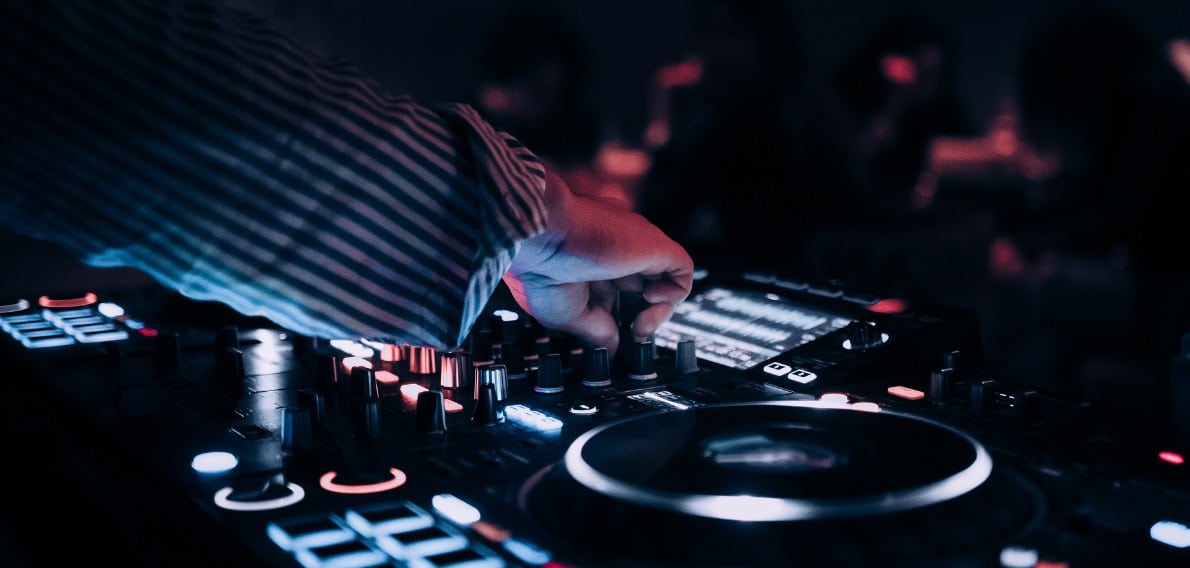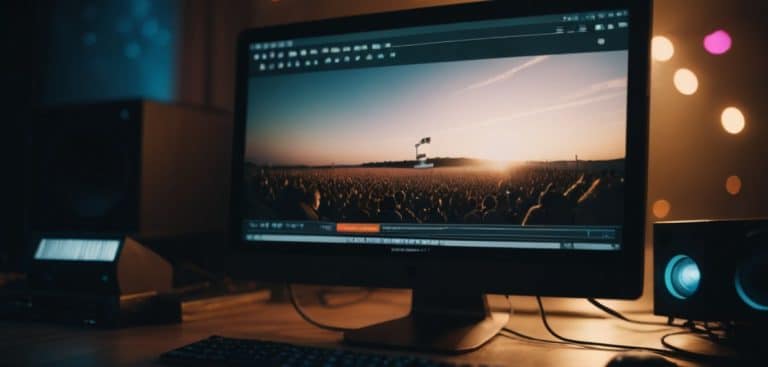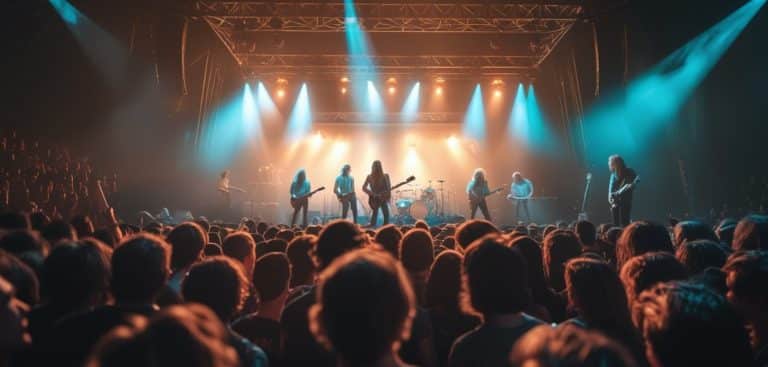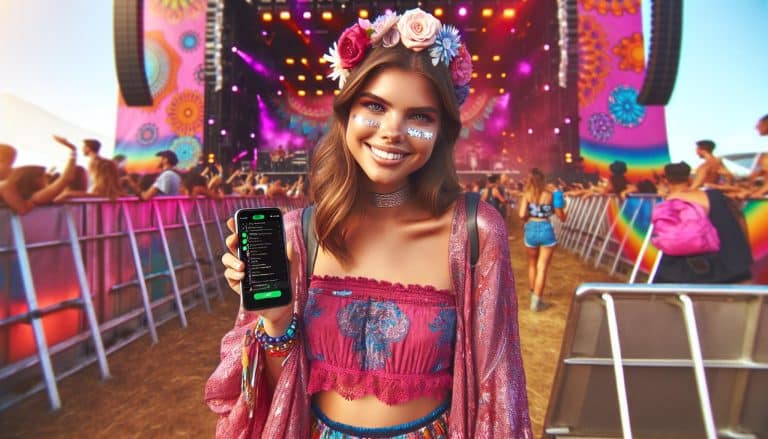When you’re hosting a music event, whether it’s a concert, festival, or a one-off performance, getting the word out is crucial. A strong online presence can make all the difference in filling up the venue and boosting ticket sales. But with so many events competing for attention, how can you ensure that your music event stands out? The answer is search engine optimization (SEO).
SEO is the practice of optimizing your content so that it ranks higher in search engine results, making it easier for potential attendees to find your event. The higher you rank, the more visibility you gain, and the more likely it is that people will buy tickets and attend.
In this article, we’ll guide you through the essential steps for optimizing your music event for search engines, so you can increase your event’s visibility, drive more traffic to your site, and ultimately boost attendance by developing a tailored SEO strategy.
1. Understanding Search Engine Optimization (SEO)
Search Engine Optimization (SEO) is the process of improving the visibility and ranking of a website in search engine results pages (SERPs) through various techniques and strategies. For music events, SEO is crucial in increasing online visibility, attracting more attendees, and driving ticket sales.
Why SEO is Crucial for Music Events
SEO is essential for music events because it helps event organizers and promoters reach a wider audience, increase brand awareness, and drive ticket sales. By optimizing their website and online presence for search engines, music events can improve their visibility, credibility, and reputation. When your event ranks higher in search engine results, it becomes more accessible to potential attendees who are searching for events like yours.
Also Read: The Exploding World Of SEO (Search Engine Optimization) And How It Impacts Event Promotion
How Search Engines Work
Search engines like Google, Bing, and DuckDuckGo use complex algorithms to crawl, index, and rank websites based on relevance, authority, and user experience. When a user searches for a keyword or phrase, the search engine displays a list of relevant websites, with the most relevant and authoritative websites appearing at the top of the search results. Understanding how search engines work can help you tailor your SEO strategies to meet their criteria and improve your event’s ranking.

Benefits of Optimizing for Search Engines
Optimizing for search engines can bring numerous benefits to music events, including:
- Increased Online Visibility and Credibility: Higher rankings in search results make your event more visible and credible to potential attendees.
- Improved Brand Awareness and Reputation: Consistent visibility in search results enhances your event’s brand awareness and reputation.
- Increased Website Traffic and Engagement: More visibility leads to increased traffic to your event website, resulting in higher engagement.
- Higher Ticket Sales and Revenue: More traffic and engagement translate to higher ticket sales and revenue.
- Better Return on Investment (ROI) for Marketing Efforts: Effective SEO strategies provide a better ROI by driving organic traffic without the need for paid advertising.
1. Conduct Keyword Research

The first step to effective SEO is understanding what potential attendees are searching for. Keyword research helps you identify the terms and phrases people use when looking for music events like yours. By targeting these keywords, you ensure your event page appears in the right search results within the broader context of the music industry.
By optimizing your content, you can attract more visitors to your site and increase ticket sales.
Key Areas to Focus on: Relevant Keywords
- Event Type: What kind of music event are you hosting? Be specific. Terms like “rock concert,” “jazz festival,” or “electronic music show” help target the right audience.
- Location: Include the city or region where your event will take place. People often search for events close to home, so use location-specific keywords like “music festival in NYC” or “concert in Los Angeles.”
- Event Date & Year: If your event is annual or recurring, include the year in your keywords to capture search traffic from users looking for that specific event (e.g., “Coachella 2024 tickets”).
- Long-tail Keywords: These are longer, more specific search queries (e.g., “best indie music festival in California 2024”). While they have lower search volume, they often result in higher conversions since they are more targeted and can improve your search engine rankings.
Example Keywords:
- “Indie music festival tickets LA 2024”
- “Best rock concerts in NYC June 2024”
- “Top live music events in Miami this summer”
2. Create a Compelling Event Page

Your event page should act as a hub of high-quality website content that’s easy for both users and search engines to understand. Here are some key elements to include:
Event Title & Headline
Make sure your event title includes the name of the event, the date, and location. This helps search engines index your event correctly. Keep the title clear and concise.
Description
Write a detailed, engaging description of your event. Include important details like:
- The artists or performers involved
- The event schedule
- Ticket information
- What makes the event unique
The description should naturally include the keywords you’ve identified, but avoid keyword stuffing. Aim for a conversational, informative tone that speaks directly to your target audience.
Example:
“Join us for the 2024 Indie Rock Festival in Los Angeles! With top indie bands, food trucks, and live performances at the iconic Los Angeles Park, this is the ultimate music event of the year. Get your tickets now and experience the best indie music in California.”
Media
Search engines can’t “see” images and videos the way humans do, but they can read the file names and alt text. Use descriptive filenames and alt text for all images and videos on your event page. For instance:
- File name: indie-rock-festival-2024-stage.jpg
- Alt text: “Indie Rock Festival 2024 stage featuring live performances in Los Angeles.”
Ticket Information & Call to Action (CTA)
Make sure your event page has clear, easily accessible ticket information. Also, include a strong call to action (CTA), such as “Buy Tickets Now” or “Reserve Your Spot.”
Also Read: 4 Simple Ways To Take Your Event Page To The Next Level
3. Optimize Your Meta Tags

Meta tags are HTML elements that provide information to search engines and help improve your event page’s visibility. The most important meta tags for SEO are:
Meta Title
The meta title (or title tag) is one of the most important SEO elements. It appears as the clickable headline in search engine results, so it needs to be compelling and optimized.
- Keep it under 60 characters.
- Include your main keywords (event name, location, year).
- Avoid keyword stuffing, but make sure it reads naturally.
Meta Description
The meta description provides a brief summary of your event that appears in search results. Although it doesn’t directly impact rankings, a well-written meta description can improve your click-through rate (CTR).
- Keep it between 150–160 characters.
- Include relevant keywords.
- Make it engaging and action-oriented.
Example Meta Tags:
- Meta Title: “Indie Rock Festival 2024 in Los Angeles – Get Tickets Now”
- Meta Description: “Join the biggest indie rock festival in LA this summer! Experience live performances, food trucks, and more. Book your tickets for 2024 today!”
Also Read: How To Keep Your Event’s Online Presence Front And Center Through These Techniques
4. Use Structured Data (Schema Markup)

Structured data, also known as schema markup, is a form of code that helps search engines better understand the content on your page. Adding event-specific schema markup to your music event page allows search engines to display richer, more detailed results — such as showing the date, location, and ticket information directly in search results.
For a music event, you can use Event Schema to mark up details like the event’s name, start and end times, venue, and ticket prices. This can improve the visibility of your event in search results and increase click-through rates.
5. Leverage Social Media and Backlinks

Social media marketing can play a significant role in driving traffic to your event page. Share your event on platforms like Facebook, Instagram, Twitter, and TikTok, and encourage your followers to share it with their networks. The more people talk about your event, the more likely it is to appear in search results.
Backlinking
Backlinks are links from other websites to yours. They are an important factor in SEO because they signal to search engines that your event page is credible and worth referencing. Try reaching out to event listing sites, music bloggers, and influencers to get your event featured on other reputable websites.
Local Listings
If your event is location-based, list it on local event directories and community websites to improve local SEO. These directories are often well-indexed by search engines, and appearing on them can boost your event’s visibility in local searches.
Also Read: Take Your Event Promotion To The Next Level With A Multi-Format Instagram Strategy
6. Optimize for Mobile

With more people browsing and purchasing tickets on their mobile devices, optimizing your event page for mobile is critical. Google also prioritizes mobile-friendly websites in its search rankings (mobile-first indexing).
Ensure your event page:
- Has a responsive design that adjusts to various screen sizes.
- Loads quickly by optimizing images and scripts.
- Has a user-friendly layout with easy navigation on smaller screens.
7. Encourage User Reviews & Testimonials
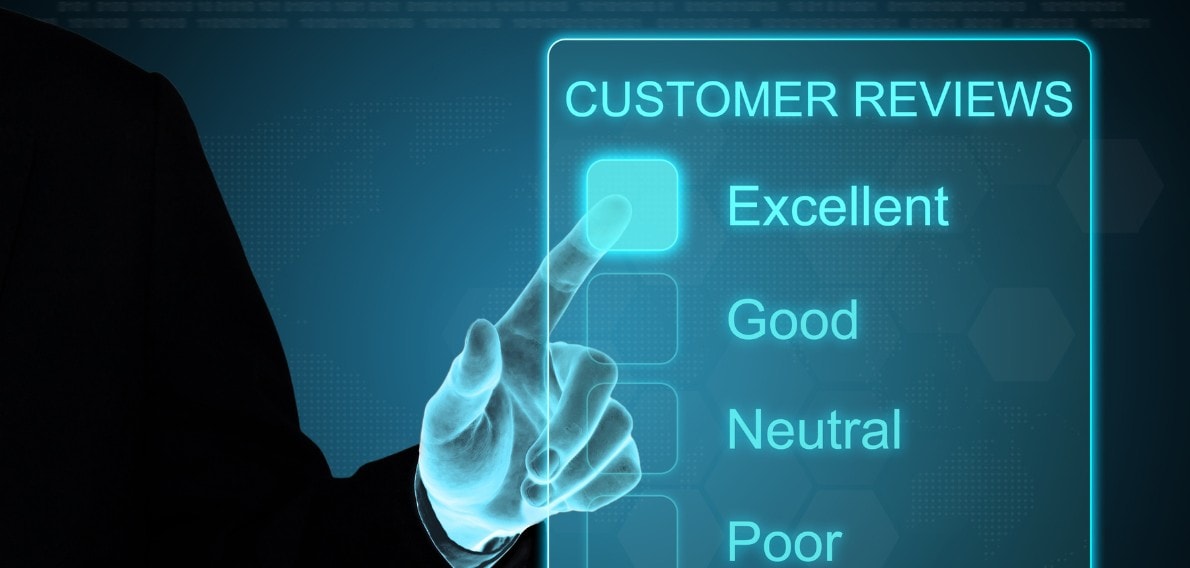
User-generated content, like reviews and testimonials, not only helps build social proof but also boosts your SEO. Encourage past attendees to leave reviews about their experience at your event. You can feature these reviews on your event page or link to third-party review platforms.
Search engines also tend to favor pages with regularly updated content, so adding reviews can help improve your page’s ranking.
8. Monitor Your SEO Performance with Google Analytics

SEO is not a one-time task; it’s an ongoing process that requires the use of SEO tools. Use tools like Google Analytics and Google Search Console to monitor the performance of your event page. Track metrics such as organic traffic, bounce rates, and keyword rankings to assess how well your SEO efforts are working.
Also Read: How Pixels Keep Your Ticket Sales On Track For Success
Optimizing your music event for search engines is crucial to getting more eyes on your page and selling more tickets. By conducting keyword research, creating high-quality content, optimizing your meta tags, using structured data, and leveraging social media and backlinks, you can boost your event’s visibility and ensure it reaches the right audience.
Remember, SEO is a long-term strategy, so the sooner you start optimizing, the better your chances of ranking high in search results when your event day arrives.
You May Also Like:
Boost Event Sales: Master Pixel Tracking for Ticket Conversions
How Audience Demographics Help Event Promoters Create Effective Campaigns
5 Essential Pre-event Promotion Strategies To Engage Your Audience for a Successful Event
